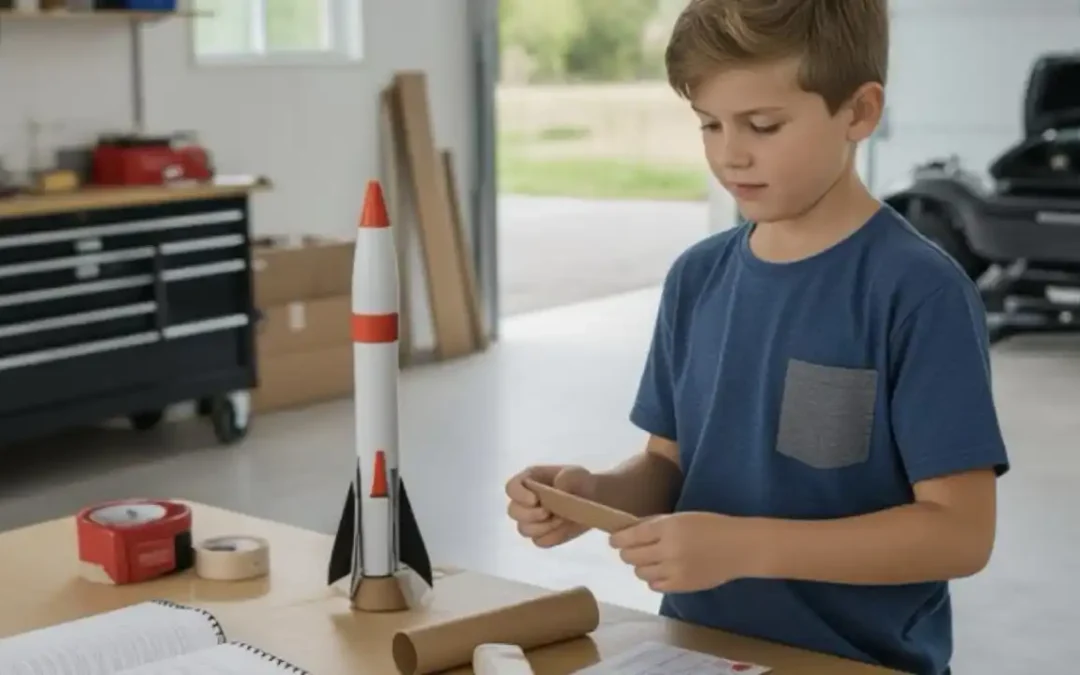
Pursuing Purpose with Passion: Celebrating Productive Achievements
P
roductive achievement is more than getting something done—it’s the act of turning thought into reality. Whether a child finishes a sketch, solves a hard problem, or restores a broken object, they’ve shaped the world with their mind and effort. That’s worth honoring. In the Renaissance, creators didn’t apologize for their ambition. They celebrated it. You can help your child do the same—not by offering empty praise, but by recognizing what their work represents: discipline, vision, follow-through. Ask, “What did you bring into the world today?” Not to flatter, but to help them see their work as something real and meaningful.
One morning, my son spent hours redesigning a cluttered shelf in the garage. He measured, planned, adjusted, and drilled. By afternoon, it held twice as much and looked twice as clean. When I walked in, he didn’t brag. He just stepped back, satisfied. “That’s solid,” I said. “You made it better.” He nodded, quietly proud. That evening he kept circling back—not to be praised, but to look at what he’d built. He’d used his mind to reshape his space. That memory stuck. Not because I celebrated him—but because he learned to celebrate the work.
Don’t wait for applause to validate your child’s efforts. Let the work itself be the reward. When they finish something substantial—a cleaned garage, a crafted story, a repaired toy—stand with them and recognize it: “That took skill,” or “That improved the space,” or “That’s something you built.” Displaying the product matters less than acknowledging the value it represents. You’re helping them build a life where work is a source of pride—and where achievement is not a performance, but a way of being.
Pursuing Purpose with Passion

Pursuing Purpose with Passion: Channeling Ambition into Action
Turn dreams into plans. Teach children how to break desires into steps, building persistence, discipline, and joy in progress.

Pursuing Purpose with Passion: Identifying Personal Goals
Help children set meaningful goals that reflect who they are. Goal-setting builds direction, motivation, and self-confidence.
Table of contents

Primordial Soup for the Mind: Navigation
Navigate the book Primordial Soup for the Mind.
TIPS
- Praise the achievement, not just the effort
- Name what was created or improved
- Let pride come from production—not performance
ACTIVITIES
- Build & Reflect: After a project, ask, “What did this improve or make possible?”
- Work Showcase: Set aside a shelf or wall to display real accomplishments
- Pride Journal: Help them track meaningful projects they’ve completed
TOOLS
Shelf, folder, pride log

Download “Primordial Soup for the Mind: A Parent’s Guide to Nurturing Intellectual Growth”
Enter your information to get this article and hundreds more as part of the FREE book Primordial Soup for the Mind.
Share your thoughts with the Thought Academy community in the Comments section below.

Sharpen those skills!
Enter your information to get our FREE practice exercises so you can hone your critical thinking and reasoning skills!







0 Comments